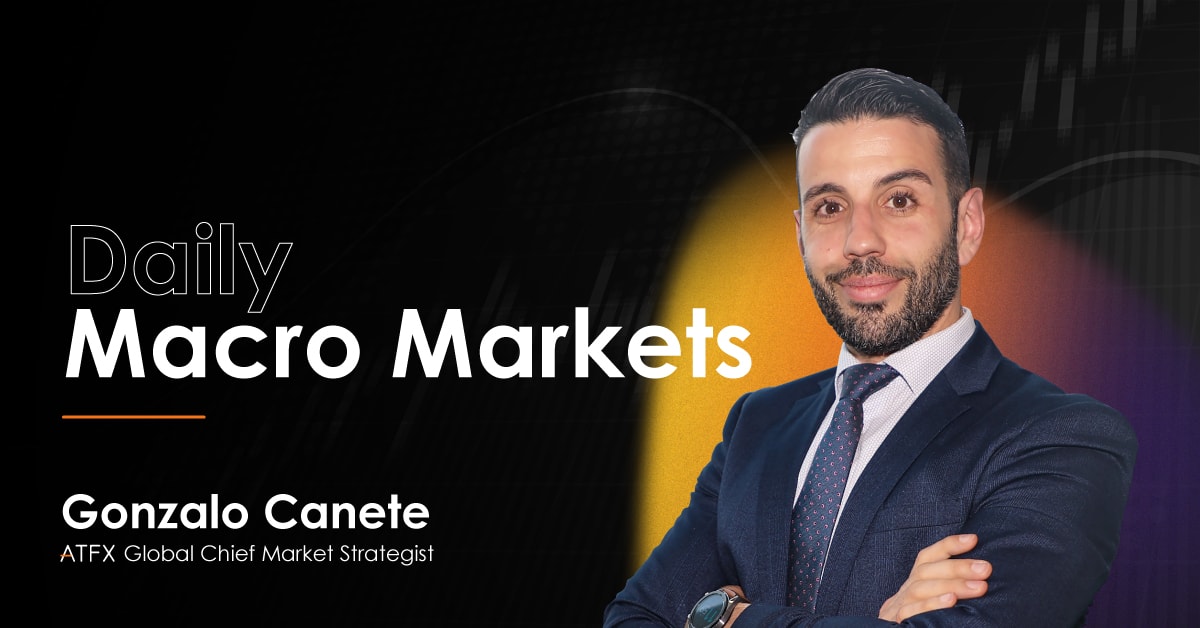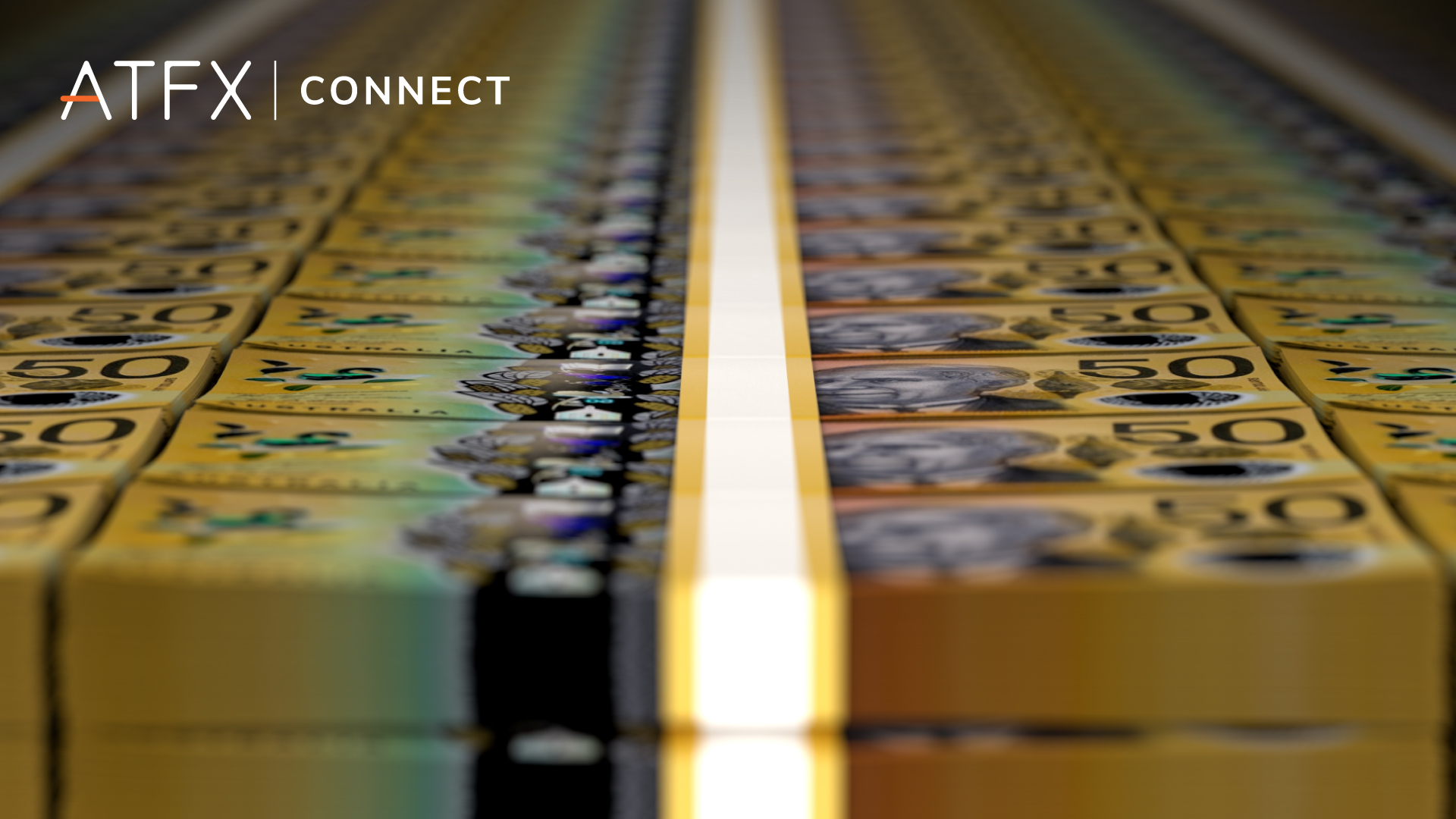Market Report.
🤝 Trade agreement or simple de-escalation? Back to where we started a few months ago?
🇺🇸🇨🇳 The U.S. and China have reached a trade truce, with China agreeing to pause its sweeping export controls on rare earth elements for one year. China agreed to extend the rare earth export controls “very routinely” beyond the initial one-year period. This de-escalates a dispute that had threatened to push the two countries into a full-blown trade war. In return, the U.S. will immediately cut tariffs on China related to fentanyl from 20% to 10%, reducing the overall tariff rate on Chinese goods to around 47%. The U.S. will also postpone a rule that would have blacklisted majority-owned subsidiaries of Chinese companies.
⚖️ However, the truce is not a comprehensive deal, and it is unclear what China has agreed to in areas like agriculture and energy purchases. China has gained leverage, using the rare earth export controls to force the U.S. to lower tariffs. The long-term implications remain uncertain, as the underlying trade tensions between the world’s two largest economies still simmer.
💻 What about technology concessions? President Trump said he did not discuss approving sales of Nvidia’s powerful Blackwell AI chips to China during his meeting with President Xi Jinping. Trump said he and Xi talked about Nvidia’s access to China in general, but that it was up to China to continue discussions with the chipmaker.
🚫 When asked specifically about approving exports of the Blackwell accelerators, Trump said “we’re not talking about the Blackwell.” This contradicts Trump’s earlier comments, which had triggered speculation that the U.S. would allow the export of more powerful AI chips to China, a major concession.
🤖 Nvidia CEO Jensen Huang has lobbied aggressively against U.S. restrictions on exporting its most advanced AI chips to China, the largest market for these products. Trump’s latest comments suggest the U.S. is not yet willing to significantly ease export controls on its most cutting-edge AI technology, despite the potential commercial benefits for Nvidia. This maintains the U.S. government’s longstanding campaign to limit China’s capabilities in artificial intelligence, which is seen as a key strategic priority.
📱 On the other hand, China’s Commerce Ministry said it is committed to “properly resolving issues related to TikTok”, but did not provide any specific details on an agreed deal. The deal Trump has envisioned would involve spinning out TikTok’s U.S. operations into a new venture owned mainly by American investors, with ByteDance’s stake reduced to less than 20%. This would deprive ByteDance, China’s most valuable private company, of full control over the popular social media app TikTok in the U.S. market.
💹 The gains in Apple and Amazon offered investors a respite from Thursday’s tech selloff, though concerns remain over whether heavy AI spending by tech giants will pay off. The three major US stock indexes fell on Thursday, as investors were spooked by the capital expenditure plans of some Big Tech firms. Meta Platforms (Facebook) suffered its biggest one-day stock loss since October 2022, as skepticism over its AI spending plans overshadowed its strong financial results. Microsoft also lost 3% of its stock value, as investors reacted negatively to the company’s spending plans.
🚀 In contrast, Amazon saw its shares jump over 13% in after-hours trading, as the company beat earnings expectations and reported strong growth, surpassing analyst expectations across key metrics. The company reported earnings per share of $1.95 versus the estimated $1.57, and revenue of $180.17 billion compared to expectations of $177.8 billion. Amazon Web Services (AWS) revenue grew 20.2%, while advertising revenue reached $17.7 billion, both beating forecasts.
🏗️ CEO Andy Jassy cited strong demand for AI and cloud infrastructure and announced the opening of a new $11 billion AI data center, underscoring Amazon’s continued investment in advanced technologies. The company also announced plans to lay off 14,000 corporate employees as part of a push to become leaner and more agile.
💶 The European Central Bank (ECB) kept interest rates unchanged at 2% for the third meeting in a row, indicating the central bank is in no rush to change policy. ECB President Christine Lagarde said the bank is in a “good place” from a monetary policy perspective, as economic risks have receded and the euro zone shows continued resilience. However, Lagarde acknowledged that while growth risks have abated, the inflation outlook remains more balanced, with the ECB expecting inflation to undershoot its target next year.
💱 There are two key points you should be aware of. The first is that the unusually strong euro against the dollar and the pound, at their highest levels this year, serves as a guarantee for the ECB to contain inflation. However, the announcement of €800 billion in defence spending could reignite inflation in Europe. On the other hand, an expensive euro will make it more difficult for German industry to recover.
🇩🇪 Germany’s GDP stagnated in the third quarter, highlighting the struggle Europe’s biggest economy faces in regaining momentum as exports dwindle. The stagnation was in line with forecasts, after the economy shrank by 0.3% in the previous quarter due to weak global demand and U.S. import tariffs. The German government’s fiscal package aimed at boosting growth is taking longer than expected to translate into better economic conditions. Persistently high unemployment, at its highest in a decade, and fragile consumer sentiment weigh on the recovery. High costs, excessive bureaucracy, and persistently high inflation are also holding back the recovery in Germany.
🚗 German automakers continue to face sharp profit declines, with Mercedes-Benz reporting a 50% drop in profits to €3.87 billion in the first nine months of 2025.
🇫🇷 Meanwhile, France’s economy grew faster than expected in Q3, expanding by 0.5% compared to the previous quarter. This outpaced the stagnation seen in Germany and Italy’s economies during the same period. The strong performance was driven by a surge in exports, particularly from the aerospace industry, which boosted growth by 0.9 percentage points. Corporate investment also grew 0.9%, helping to offset weak 0.1% growth in consumer spending. The economic growth came despite France sinking into a political crisis during the quarter, with the government facing challenges in passing its 2026 budget.
🌍 Geopolitics.
👑 According to Reuters, Britain’s King Charles has stripped his younger brother, Prince Andrew, of his royal title and ordered him to leave his residence near Windsor Castle. Buckingham Palace stated that the decision comes as a consequence of Andrew’s continued association with the late sex offender Jeffrey Epstein, marking the latest step in the royal family’s efforts to distance itself from the scandal.
💣 Israel’s Channel 11 has reported that, Israel has informed the United States of its plans to increase strikes on Lebanon once again. The move signals a potential escalation in regional tensions amid ongoing cross-border hostilities.
☁️ As per The Guardian, leaked documents reveal that under Israel’s Nimbus cloud contract, Google and Amazon agreed to secretly notify Israel whenever they are compelled to hand over Israeli data to foreign governments — even when gag orders prevent disclosure.
💼 Market View.
📉 Wall Street was shaken yesterday, with S&P 500 futures showing 1.5% volatility — falling to 6,850 before rebounding to 6,900 points. Nasdaq futures saw 2% volatility, now trading at 26,170 points.
💵 The dollar continues to strengthen, with the DXY index rising to 99.60, pushing EUR/USD down to 1.1560.
📈 In Europe, DAX 40 futures remain sideways and weaker at 24,185 points, while EuroStoxx 50 futures have slipped below 5,700 points.
🛢️ Brent crude is steady around $64.25 per barrel.
🪙 Gold futures have regained $4,000 per ounce, trading now at $4,033.
💰 Bitcoin fell below $108,000 yesterday but has bounced back to $109,500.

